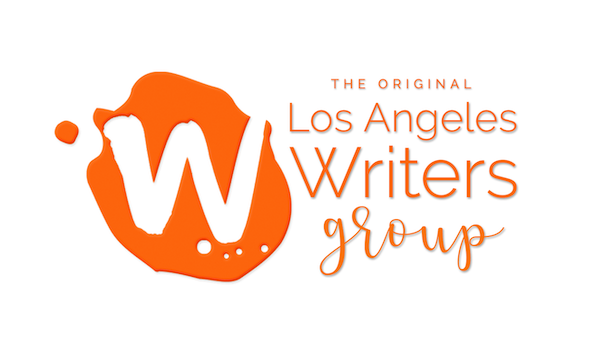 One of my clients said to me, “Sometimes I feel like my struggles are extraordinary.” This client — all of us really — can only see our own experience. But if he could see what I see as a writing coach, he would know that every single one of my clients struggles in some way that feels uncommon. A couple of clients struggle with dyslexia, some struggle with motivational issues, some struggle with structure and outlining, while others struggle with making decisions about their story. There are a million different kinds of struggles that writers encounter, and while the type of struggle isn’t consistent from writer to writer, the experience of struggle and frustration is universal.
One of my clients said to me, “Sometimes I feel like my struggles are extraordinary.” This client — all of us really — can only see our own experience. But if he could see what I see as a writing coach, he would know that every single one of my clients struggles in some way that feels uncommon. A couple of clients struggle with dyslexia, some struggle with motivational issues, some struggle with structure and outlining, while others struggle with making decisions about their story. There are a million different kinds of struggles that writers encounter, and while the type of struggle isn’t consistent from writer to writer, the experience of struggle and frustration is universal.
Most writers, of course, interpret struggle as negative: that the struggle is a sign of their ability or even worse, that they will put their work out there and be humiliated. Doubt sets in and doubt attracts the inner critic.
The inner critic, now fed and full of energy, goes to work. It says:
If you struggle, you might not be good at writing.
If you struggle, you might not be talented.
If you struggle, you might be wasting your time.
Pack up.
Go home.
Spare yourself the pain.
If only they could see what I see as a coach. The struggle is not a warning. The struggle signals something much more profound is about to happen. The struggle happens because it is hard to create stories, human beings, relationships, and, sometimes, entire universes. Writing can be challenging in ways we don’t expect and in ways we can barely even describe. And so often writers take the struggle as a sign that they should give up, that they can’t do it.
When in fact, the struggle is a sign that they ARE doing it.
The struggle is what helps you evolve and elevate your story. If I am having anxiety and frustration about something in my personal life, that’s usually a signal that I need to look deeper into why I am getting frustrated. It’s a signal that the opportunity for growth has presented itself. I can choose to investigate and grow, or I can choose to live with the frustration.
Struggling isn’t a warning sign of failure; it’s a beacon of where one can start to grow as a writer. It’s a growing pain. Just because a writer experiences frustration doesn’t mean that their story is “bad.” It means the story wants to evolve. If you’re struggling with or avoiding a particular story, ask yourself: What is it about the story that is frustrating me? Sometimes this is a question you can answer yourself. Other times you need to dialogue about it with someone else. Either way, addressing the reason for the struggle is key to moving past it. Know that when you struggle, you ARE writing, you are evolving as a writer. The struggle is part of the growth process.

You must be logged in to post a comment Login